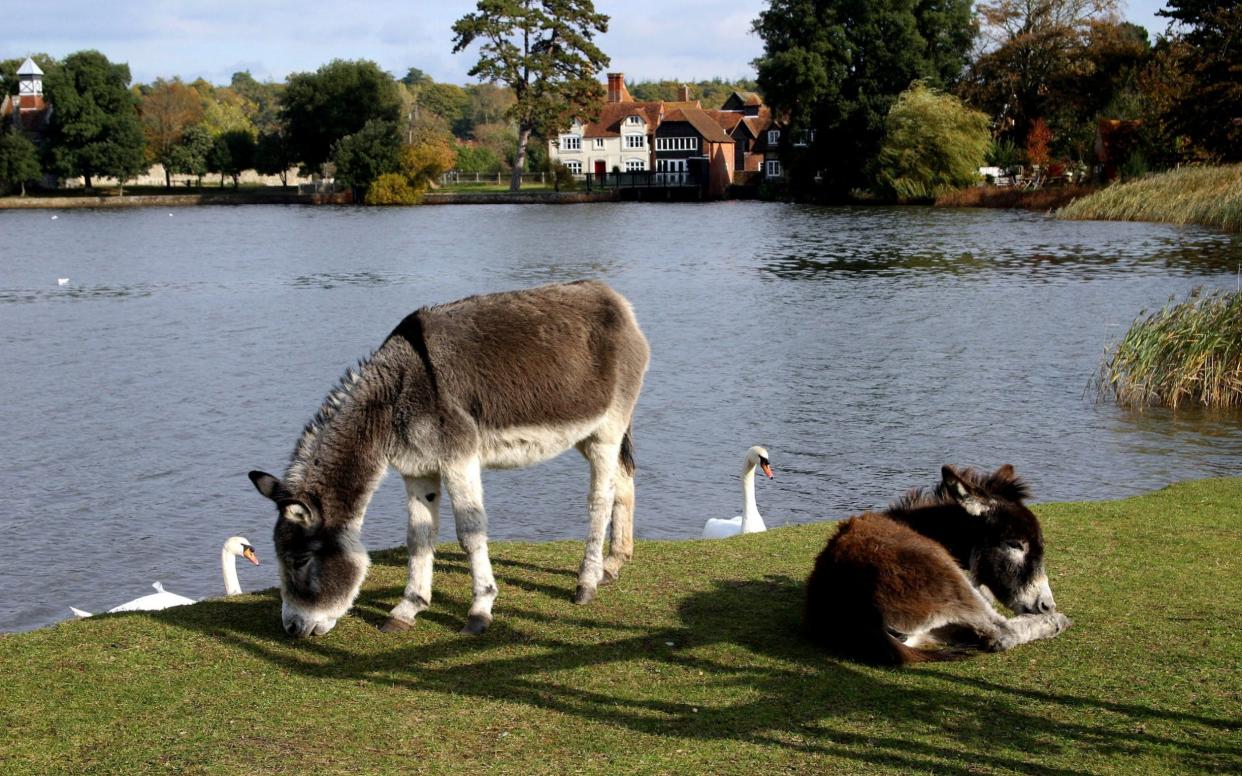Protect ponds and ditches to boost biodiversity, scientists urge

Ponds and ditches can help address the biodiversity crisis, scientists have said, as they call for freshwater habitats to be protected.
In a letter to Dieter Helm, chairman of the government's Natural Capital Committee, a group of 20 experts said smaller bodies of water should be monitored and protected in the same way as larger lakes and rivers, something which does not currently happen.
"Small waters still remain marginalised in many policies that seek to protect the water environment," the group said. Dr Jeremy Biggs, director of the Freshwater Habitats Trust, said that smaller bodies of water were "critical biodiversity hotspots".
"For a fraction of what the government and water industry is spending now, we can reverse the inexorable decline of UK freshwater wildlife by focusing on small waters.
"And post-Brexit changes in legislation give an opportunity to set our own rules to protect freshwater by properly including small waters," he said.
He said that while official data showed that larger lakes and rivers have plateaued in quality over the past decade, there was evidence that ponds had continued to decline.
A survey by the trust in 2018 found that since the 1990s the average number of wetland plant species in "high-quality" ponds, those in nature reserves and other protected areas, had fallen from 25 species to 21.
In England two-thirds of the ponds studied lost plant species, and rare plants were the hardest-hit.
Recent studies also suggest that replenishing ponds is one of the easiest ways to boost plant and animal biodiversity in a region, the trust said.


